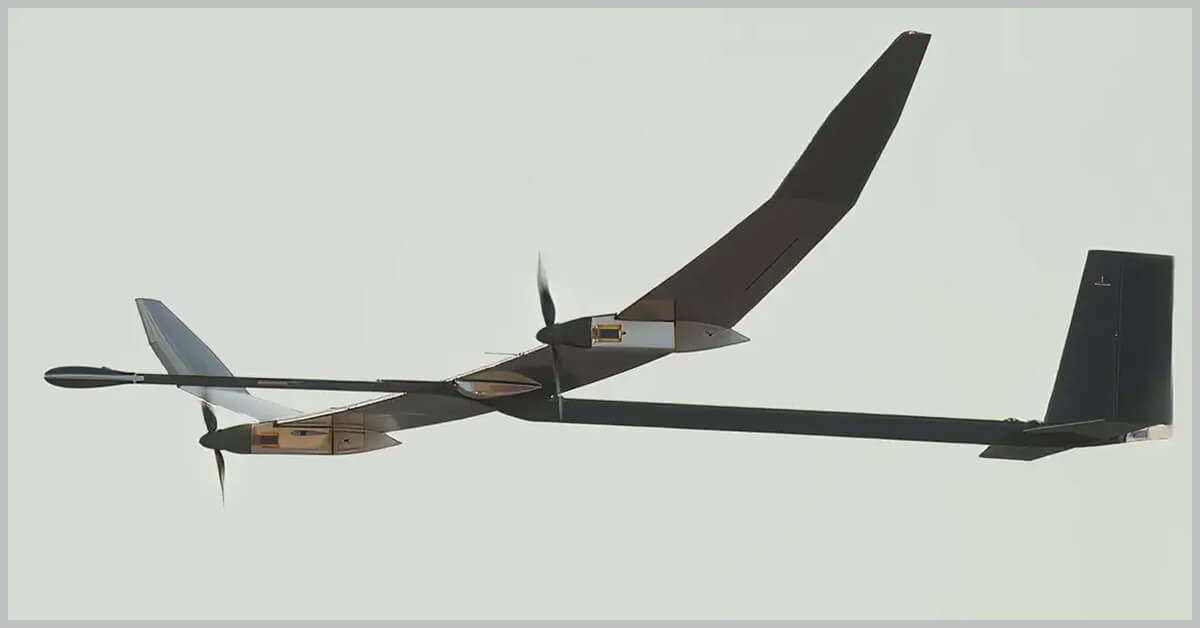An experimental unmanned pseudo satellite designed by a BAE Systems subsidiary was able to fly above 66,000 feet to the stratosphere and return to the ground during a 24-hour test flight.
The first stratospheric flight trial demonstrates the potential of the PHASA-35 uncrewed aerial system to deliver intelligence, security and communication from beyond the atmosphere, BAE said Friday.
PHASA-35, also known as the High Altitude Pseudo Satellite Uncrewed Aerial System, was developed by U.K.-based firm Prismatic. It features a 35-meter wingspan, 15-kilogram payload capacity, and photovoltaic solar arrays for power.
The UAS is managed by BAE Systems’ new FalconWorks business, which focuses on research, development and innovations for the air sector.
The test flight was held at White Sands Missile Range in New Mexico, with support from the U.S. Naval Surface Warfare Center and the Army Space and Missile Defense Command Technical Center.
The company plans to perform more flight performance trials of the system to boost its international viability as a tool for intelligence, surveillance, reconnaissance, security and 4G and 5G communication delivery.





